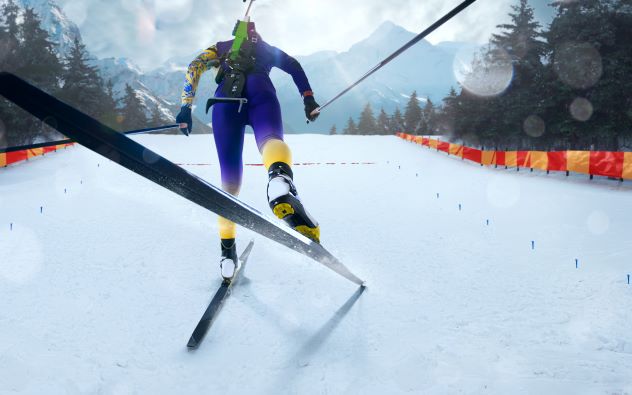Sport organization adaptation during COVID-19
New research about sport organization resilience during the COVID-19 pandemic suggests adaptability, a clear sense of purpose or identity, strong networks, and good timing have contributed to success during this turbulent time.
World Health Day
Today is World Health Day, a global initiative to create awareness around important health issues. Social isolation and loneliness have been linked to increased risk of heart disease, stroke, depression, and other health conditions. While physical distancing measures are necessary to help prevent the spread of COVID-19, finding strategies to maintain and improve health –…
Resilience Through Adaptation: How Sport Organizations Responded During the COVID-19 Pandemic

Directions from public health organizations during the COVID-19 pandemic drastically altered the sport sector, causing many sport decision makers to reconsider what their organization does and how they do it. Although the full scope of the short- and long-term impacts are yet to be seen, some organizations have not survived. Others have used this period…
The Ripple Effect of the Pandemic: Supporting Athletes With a Holistic Approach

“Athlete career excellence” is a concept from sport psychology concerned with an athlete’s ability to sustain a healthy, successful, and long-lasting career in sport and life. It means the athlete is striving to achieve meaningful goals in sport and life while satisfying basic psychological needs and maintaining health and wellbeing (Stambulova, Ryba & Henriksen, 2020)….
Tokyo postponement
“I’ve often described a Major Games environment as the world’s largest petri dish…It’s like a quadrennial convention of the world’s active viruses and communicable diseases” says Antoine Atallah, General Manager of Major Games Canada. Learn how Canadian and international experts are working together to keep athletes safe at upcoming Major Games.
NBA bubble
In addition to helping protect players from COVID-19, the NBA playoff “bubble” in Orlando may be an example of a competitive equalizer by eliminating team travel. Researchers analyzing the results of nearly 500 NBA playoff games over six seasons found that a team’s direction of travel and the number of time zones crossed were associated…
Bell Let’s Talk Day
Today is Bell Let’s Talk Day, national initiative to build awareness, acceptance and action relating to mental health. Small actions can help support mental health and strengthen our communities during this difficult time – from recognizing the signs of stress, to taking care of yourself, to being there for a loved one. For additional support,…
Innovative return to play
From adapted equipment and modified play, to the appointment of a Chief Medical Officer, sport organizations are leveraging innovation and expertise to inform the development and implementation of their Return to Play plans. Learn more in the SIRC blog.
Mask wearing
As gyms and sport facilities resume their operations, Canadians are wondering about the impact of masks on their performance. Researchers from the University of Saskatchewan found that wearing a mask does not affect performance and has minimal effect on blood and muscle oxygenation.
Silver linings of the Tokyo Games postponement
For many national athletes, the postponement of Tokyo 2020 has let them build their physical and mental performance. Athletes have addressed longstanding physical issues like chronic injuries, biomechanical and technique corrections, and strength deficits. Mentally, Seyi Smith, Chair of the Canadian Olympic Committee Athletes’ Commission, suggests the postponement was probably the “best mental resilience training…